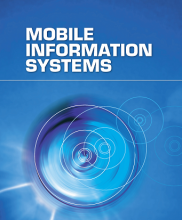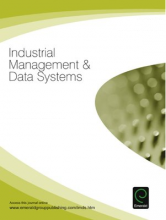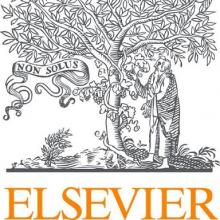Thematic Issue on: Advances in Security and Privacy for Mobile Users in Intelligent Environments
Advances in Security and Privacy for Mobile Users in Intelligent Environments
Call for Papers
Security and privacy are vital challenges for mobile users as they move around denser and more prevalent intelligent environments embedded with different connected smart objects that interact with each other and with mobile users in new ways. The focus of security and privacy is predominantly on protecting the use of personal smart tab and pad sized devices such as smart phones, tablets, and laptops by mobile users, in passive environments.












